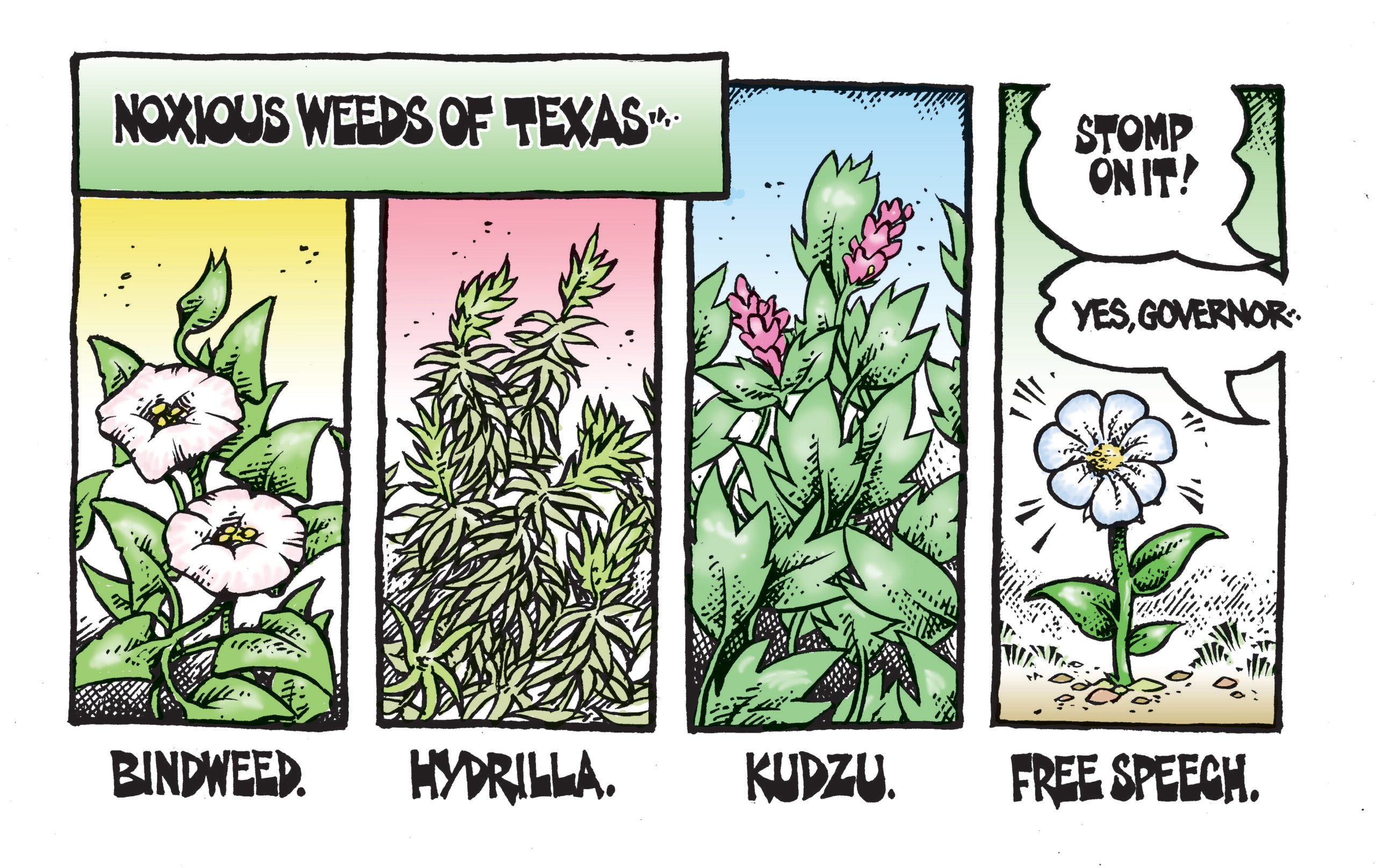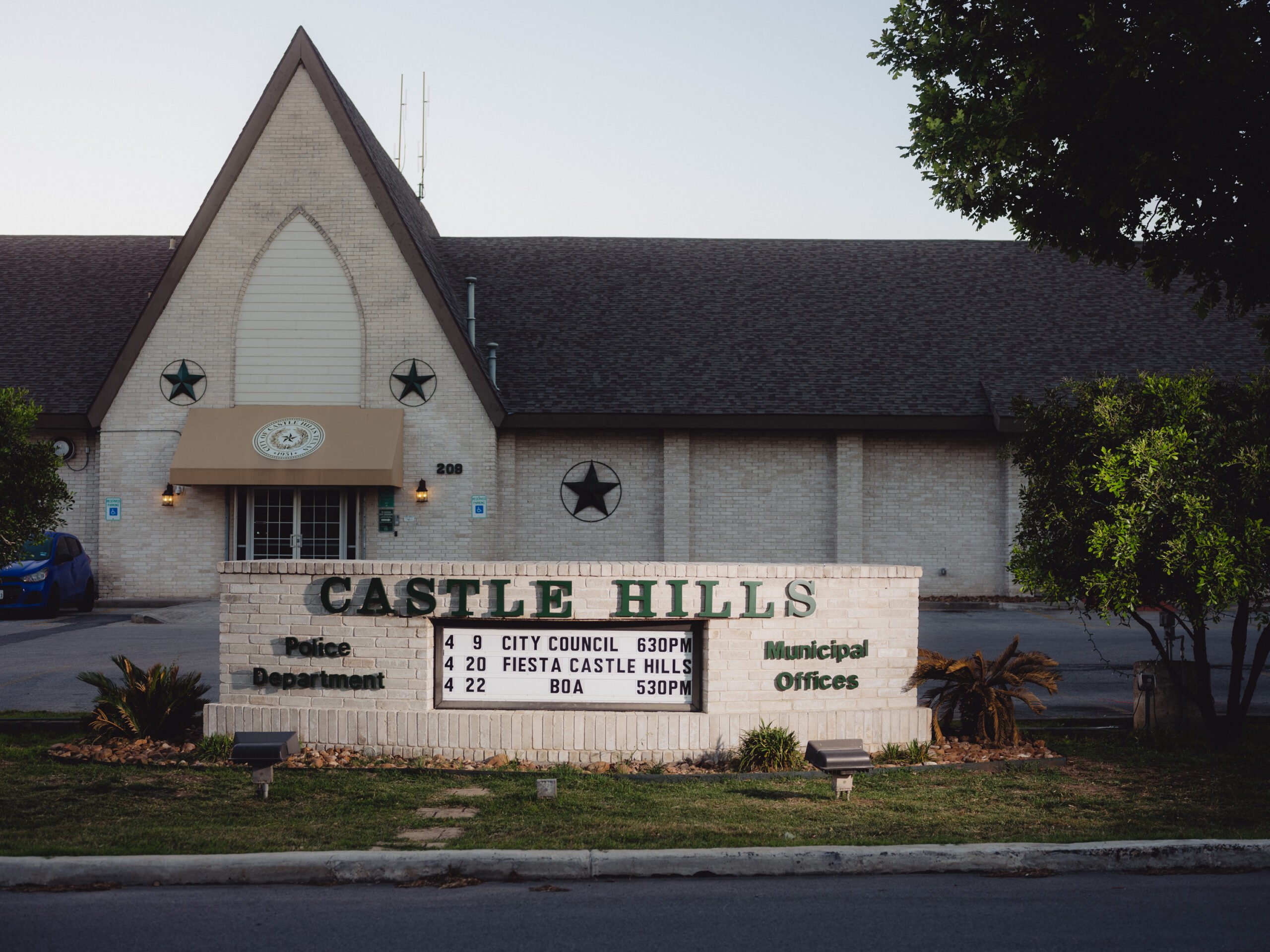ustxtxb_obs_2005_02_04_50_00007-00000_000.pdf
Page 25
“Isidro was responsible to the chairman and the tribal council.,” Haynes told the San Antonio Express-News after a preliminary court hearing in December. “If it [the disputed expenditures] was OK with them, where’s the crime?” The indictments followed a two-year federal probe by the IRS, FBI and the Interior and Justice departments. This crackdown demonstrates the government’s commitment “to combat criminal activity in the Native American gaming industry,” San Antonio FBI agent Patrick Patterson said in a news release. “These defendants were trusted by the tribe to manage their money,” added prosecuting U.S. Attorney Johnny Sutton. “Sadly, they betrayed that trust.” Timoteo “Timo” Garza’s family is not Kickapoo but his father, Isidro, nevertheless oversaw the tribe’s largesse. After serving as city manager of the border town of Eagle Pass, Isidro Garza became manager of the Lucky Eagle Casinoand ultimately managed all Kickapoo tribal business under the Kickapoo’s now-indicted ex-chair, Raul Garza. When the Lucky Eagle opened in 1996, its status as Texas’ only legal casino made it a glorified cash machine despite its remote location on the border in South Texas. Grossing some $25 million annually, the casino reportedly paid Isidro Garza more than $500,000 a year. The indictment portrays Isidro as the conspiracy’s mastermind, alleging that he “manipulated” casino “accounts for his personal benefit” in an apparent effort to build an empire in Eagle Pass. Citing legal advice at the outset of an Observer interview, Isidro Garza limited himself to a brief statement. “We always have had tremendous faith in our Lord and the system,” he said. “When this is all said and done, we hope this will be good testimony for our Lord and the magnificence of what he can do.” He referred further questions to his attorney, who did not return calls. Garza and the tribal leaders had a good thing in this casino monopolyalbeit a fragile one. Internal tribal rivals fought to topple their regime, even as external forces sought to shatter the Kickapoo gambling monopoly. Other Texas tribes and ordinary businessmen lobbied to open competing gambling operations around the state. Answering these threats demanded staggering amounts of clout for a once-impoverished tribe. Yet Isidro Garza and tribal leaders were not content just to protect their monopoly. They wanted to expand it. So they pressed state and federal officials to upgrade their “Class II” bingo-style gambling permit to “Class III,” which would let them offer the full monty of slot machines and casino games. Isidro Garza took the casino’s vast political needs into his own hands in 2000, when he mounted a self-funded Demo cratic challenge to incumbent Congressman Henry Bonilla utation as a fiery Tejano activist for such causes as a living wage and subsidized health care. The almost $300,000 of his own money that he poured into a sometimes nasty campaign proved no match for Bonilla’s $1.2 million war chest. Some Democrats believe that it was Congressman Bonilla who alerted the feds to questions about the casino’s book. A spokesperson for Bonilla’s office acknowledged hearing those rumors as well but said the congressman had no role in the investigation and indictments. After his own defeat, the father appears to have abandoned his earlier populism and transferred his political ambitions to his son. This time the campaign wouldn’t be underfunded. Timo Garza narrowly won his first and only Texas House term, drawing 813 more votes than incumbent Tracy King in a Democratic primary runoff in the spring of 2002. By the time of the runoff, King reported raising $213,883 and Timo reported just $750 in contributions \(led by $500 from then-Kickapoo laughable but for Isidro Garza, who lent his son’s campaign $200,000 for 10 yearswithout interest. \(Special interests bid for Timo after the primary, led by $5,000 from Texans for Lawsuit Reform and followed by arch-rival Texas Trial Lawous, the term of the father’s loan is shorter than the maximum prison sentences that the Garzas face if convicted. Prosecutors say Timo Garza faces a maximum of 25 years; his dad faces up to 95. Timo was personally indebted to Isidro Garza and the casino as well. In Texas Ethics Commission disclosures, Timo revealed a personal loan of at least $25,000 from his father and reported that the casino employed him in an unspecified capacity in 2001. Yet Timo’s one-term fate in the Texas House may have FEBRUARY 4, 2005 THE TEXAS OBSERVER 7


